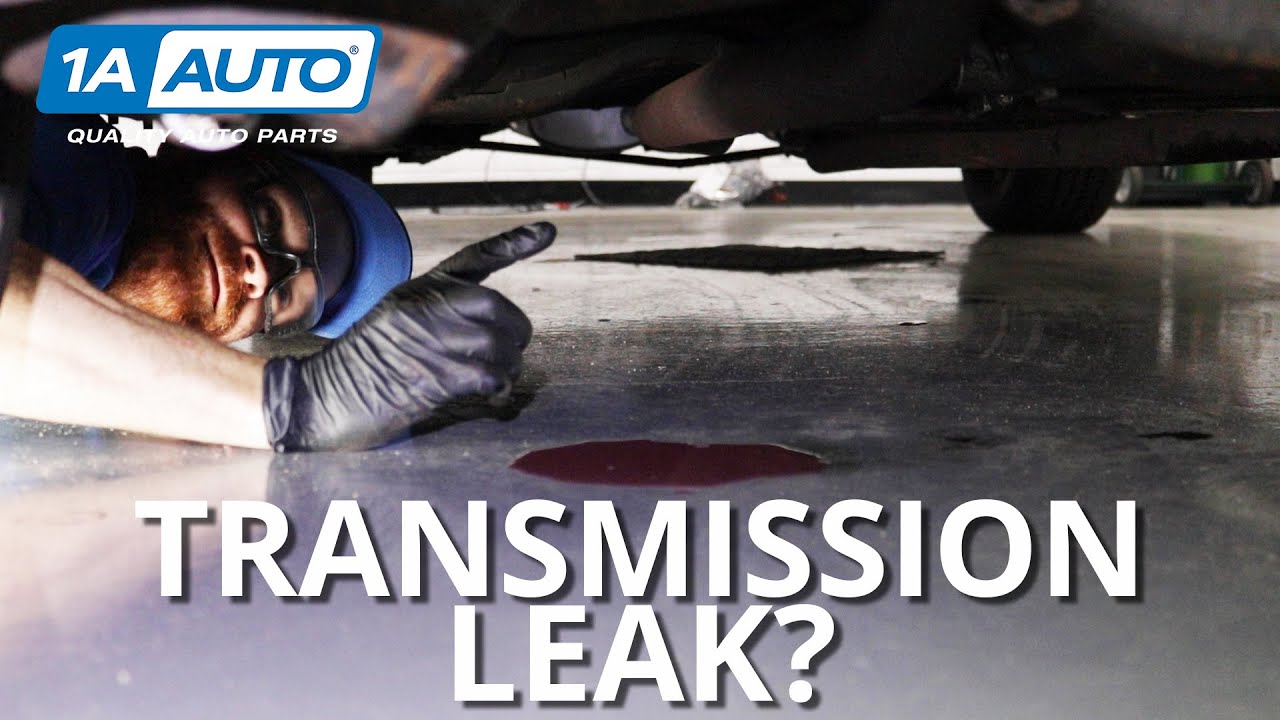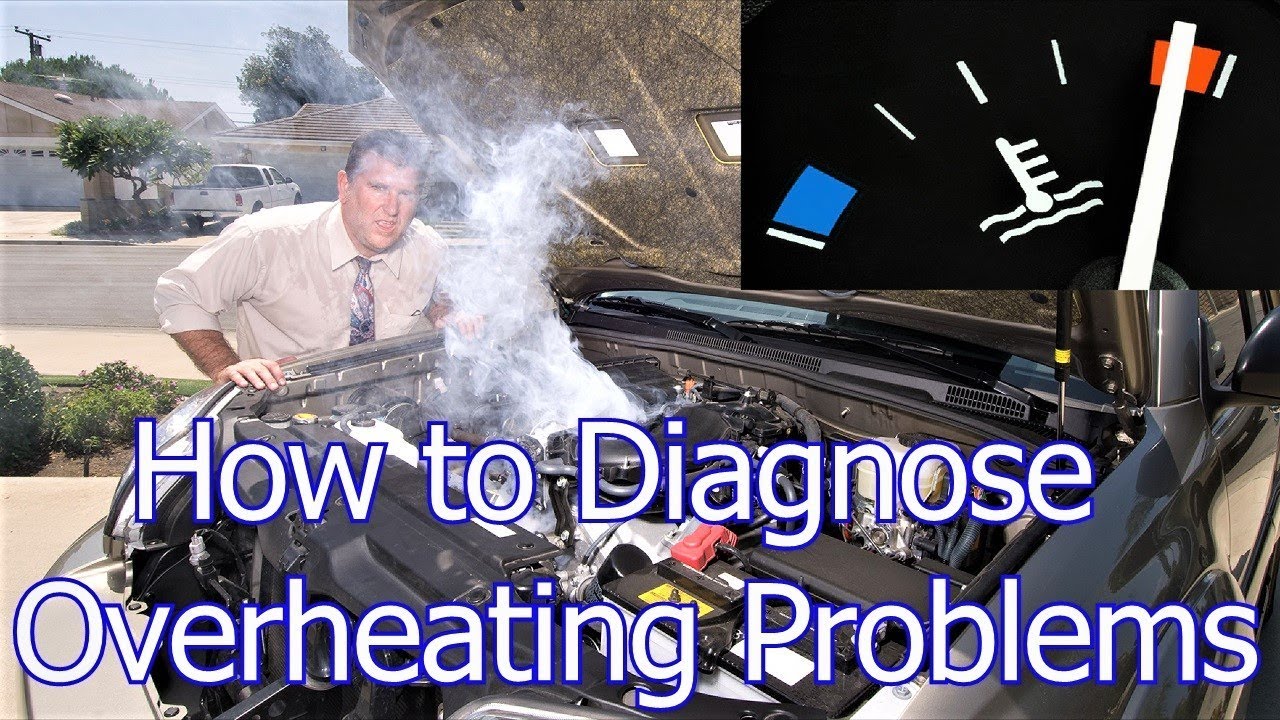A car engine is a significant investment that requires proper care and maintenance to ensure longevity and optimal performance. With regular upkeep and attention, it is possible to extend the life of a car engine, saving both time and money.
This article provides practical tips on how to make a car engine last longer, covering aspects such as oil and filter changes, tire pressure, air filter maintenance, coolant replacement, driving habits, transmission fluid, the engine starts and stops. highway driving, and the use of quality parts.
Essential Tips for a Long-lasting Car Engine
By following some simple tips and regular maintenance routines, you can save thousands of dollars in engine repairs over the life of your vehicle. Here’s a detailed guide on what you can do:
1. Regular Oil and Filter Changes
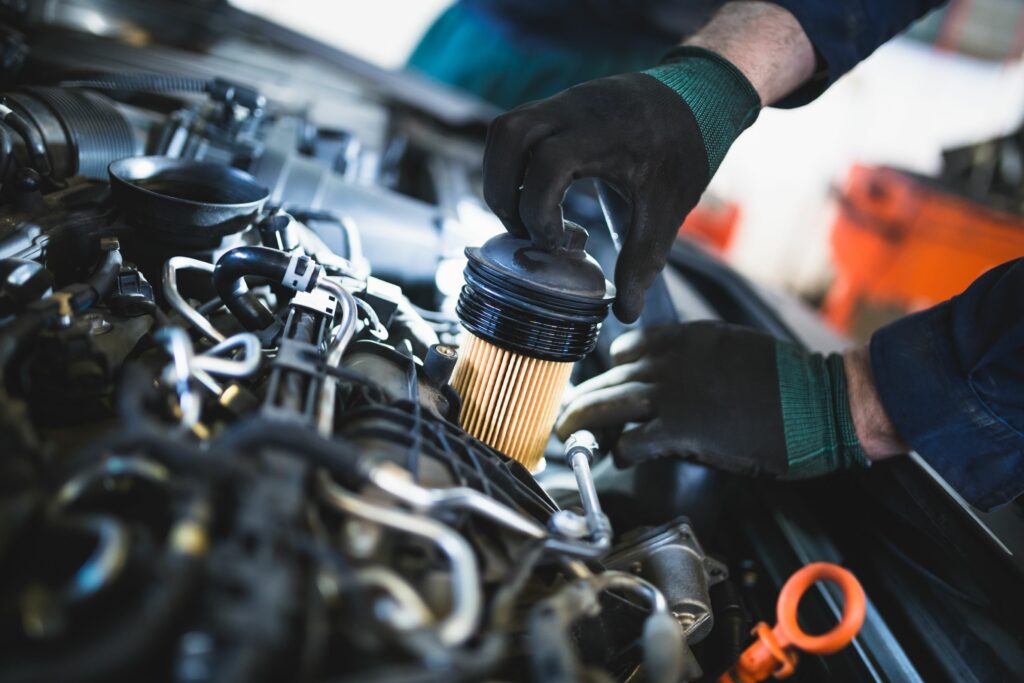
One of the most basic yet essential ways to maintain a car engine is by changing the oil and filter regularly. Oil lubricates the engine’s internal components, reducing friction and heat generation. Over time, however, oil breaks down and loses its effectiveness.
The filter, meanwhile, captures impurities, keeping the engine clean. Regular oil and filter changes, following the car manufacturer’s recommendations, will help ensure the engine runs smoothly and efficiently, reducing wear and tear.
The frequency of oil changes depends on your driving habits and the type of oil you use, but a good rule of thumb is to change it every 5,000 miles (8046.72 km) to 7,500 miles (12070.08 km).
2. Maintaining Correct Tire Pressure
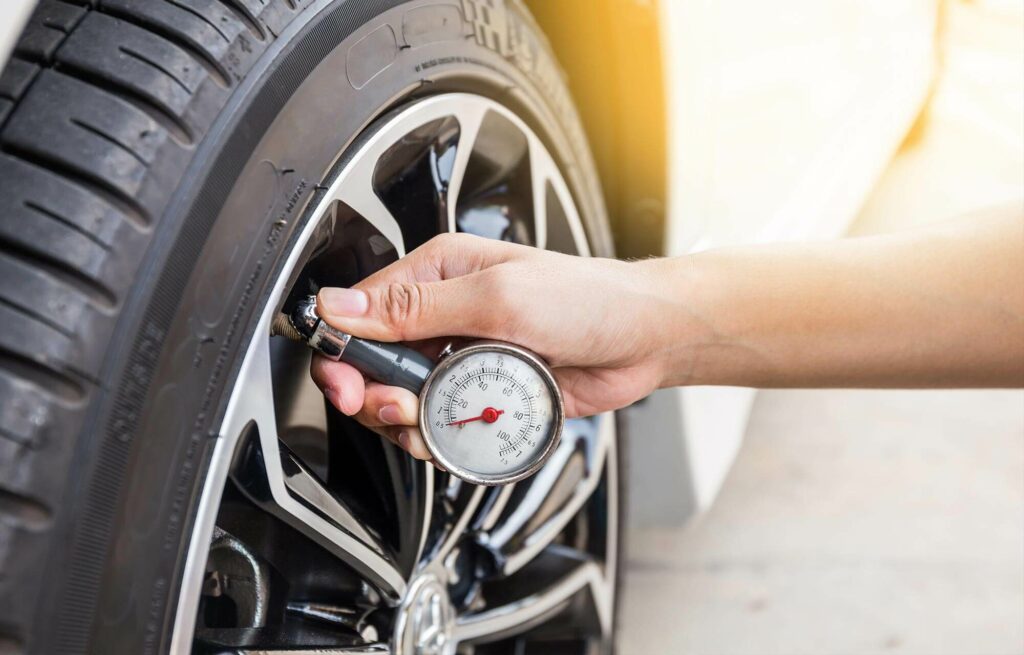
Under-inflated tires cause extra friction and strain the engine, resulting in unnecessary wear and tear. Proper tire pressure ensures even tire wear, improved fuel efficiency, and better vehicle handling. Underinflated tires can increase rolling resistance, forcing your engine to work harder.
This can lead to increased fuel consumption and premature engine wear. Check your tire pressure regularly and inflate them to the recommended levels.
3. Keeping the Air Filter Clean
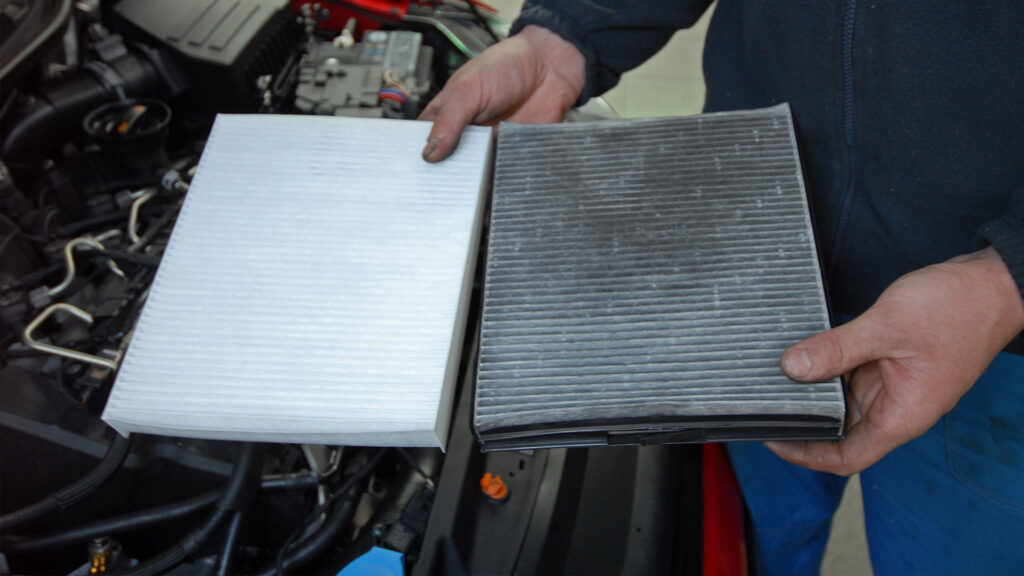
The air filter prevents dirt and debris from entering the engine, ensuring a proper air-fuel ratio. A clogged air filter can lead to an incorrect air-fuel mixture, causing the engine to run too hot or too cool, which is detrimental to its health. Regularly inspect the air filter and replace it when necessary to maintain optimal engine performance.
4. Regularly Change Your Coolant
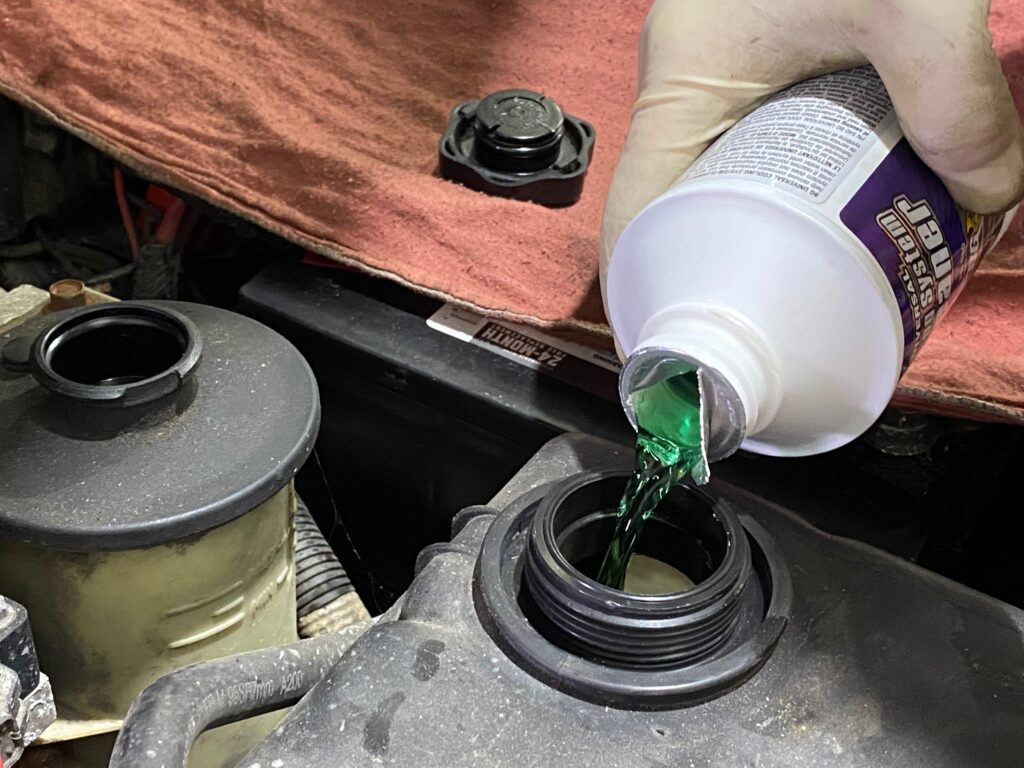
Modern cars are equipped with coolant-containing anti-corrosion inhibitors to prevent rust and engine damage. However, over time, these inhibitors break down, and the coolant must be replaced. Follow the car manufacturer’s recommendations for coolant replacement to protect aluminium engine components from corrosion.
5. Avoid Over-Revving Your Engine
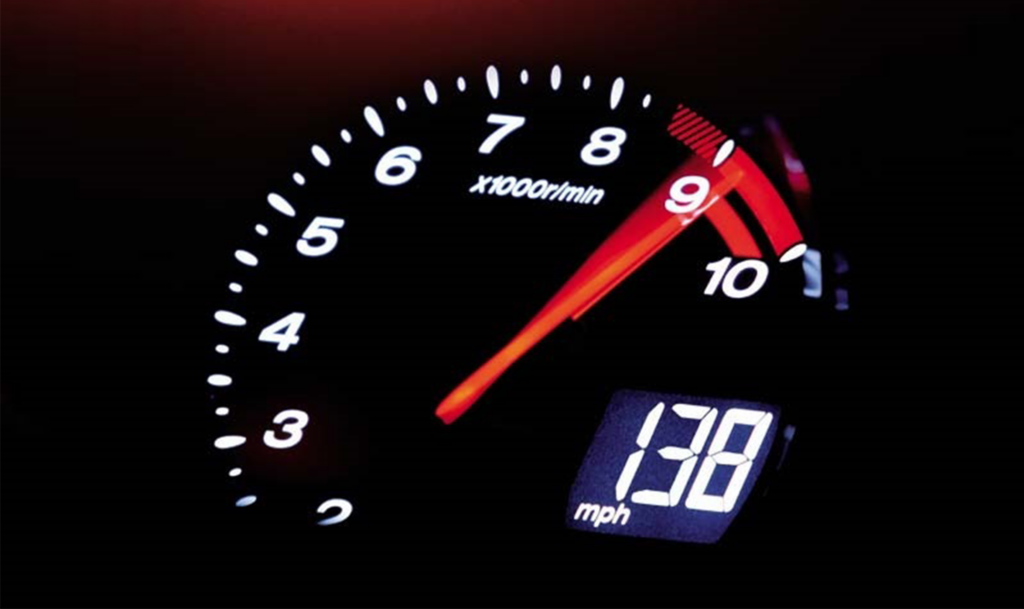
Over-revving the engine and constantly driving at high speeds cause excessive wear and tear, reducing the engine’s lifespan. Adopting good driving habits, such as slowly accelerating, maintaining a steady speed, and avoiding rapid deceleration, can help extend the engine’s life.
6. Ensure Your Transmission Fluid is Clean
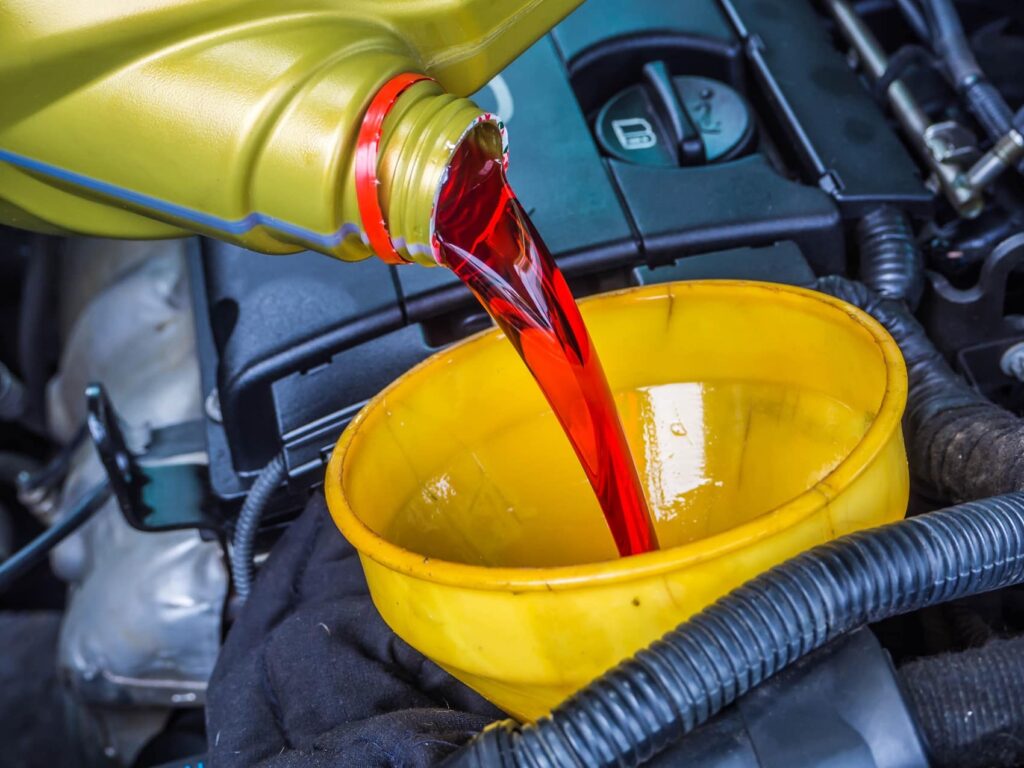
Regularly checking and maintaining clean transmission fluid reduces friction and helps the engine work more efficiently. Transmission fluid lubricates the gears, facilitating smooth shifting and preventing wear. To maintain optimal transmission fluid levels, check the fluid regularly and replace it as recommended by the car manufacturer.
7. Minimize Frequent Starting and Stopping
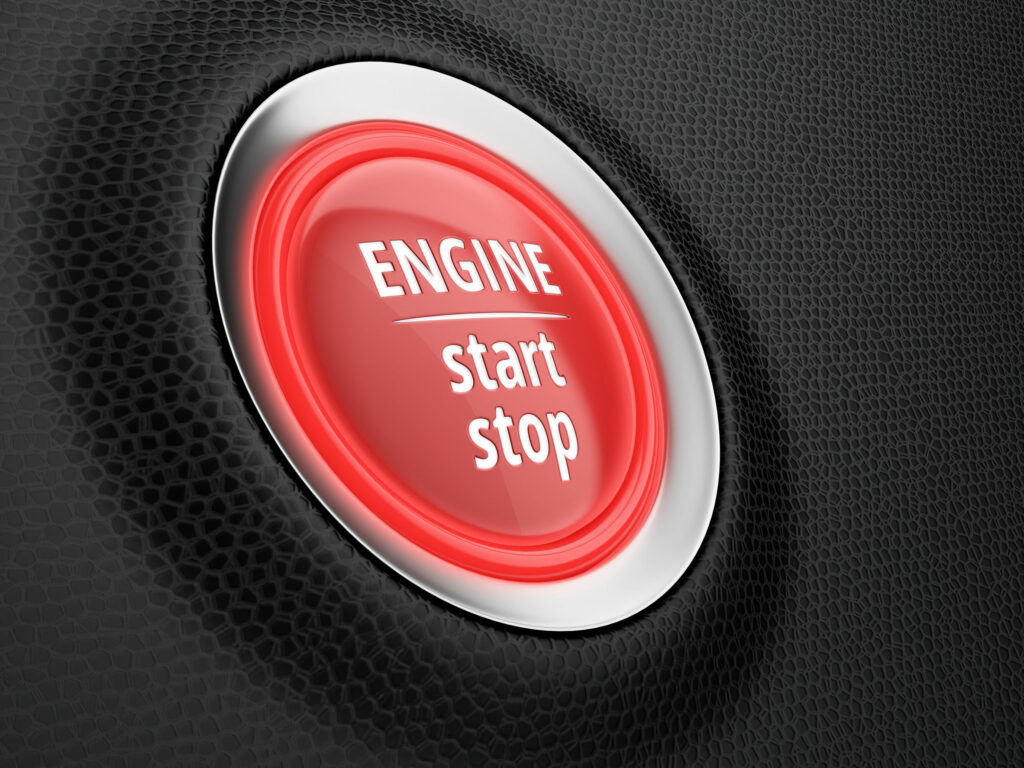
Most engine wear occurs during startup when oil is pumped to lubricate the engine’s components. Minimizing engine starts and stops, especially when idling for short periods, can help reduce wear and tear. Try to minimize unnecessary trips and combine errands to reduce the number of times you start and stop your engine. This can help prolong the life of your engine and save you money on repairs.
8. Favouring Highway Driving

Steady-speed highway driving is less strenuous on the engine compared to stop-and-go city driving. Favoring highway driving over city driving, when possible, can help extend the engine’s lifespan.
9. Using Quality Parts
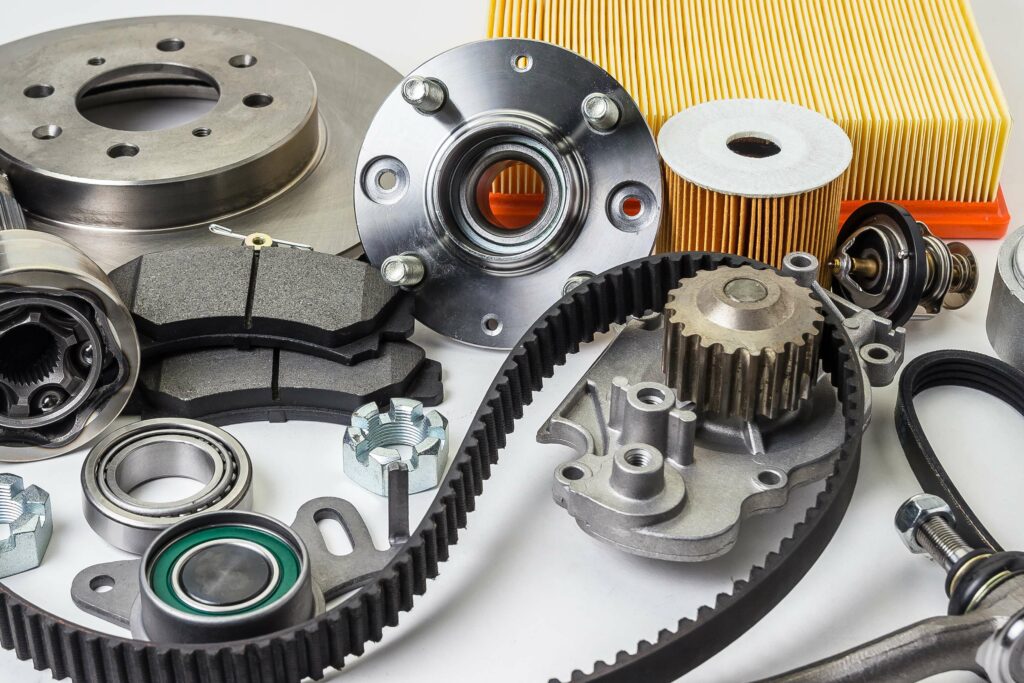
Using cheap parts, particularly sensors, can negatively impact the engine’s performance and longevity. Quality sensors are more reliable, accurate, and durable, ensuring optimal engine performance and longevity. When replacing parts, opt for high-quality components, especially for computer sensors, to protect the engine’s health.
Conclusion
By implementing these practical tips, car owners can maximize car engine longevity, saving time, and money. Regular maintenance, good driving habits, and the use of quality parts are key to ensuring a long-lasting and reliable engine. Following the recommendations provided by the car manufacturer and staying proactive in addressing potential issues will help prolong the life of a car engine, providing worry-free transportation for years to come.

